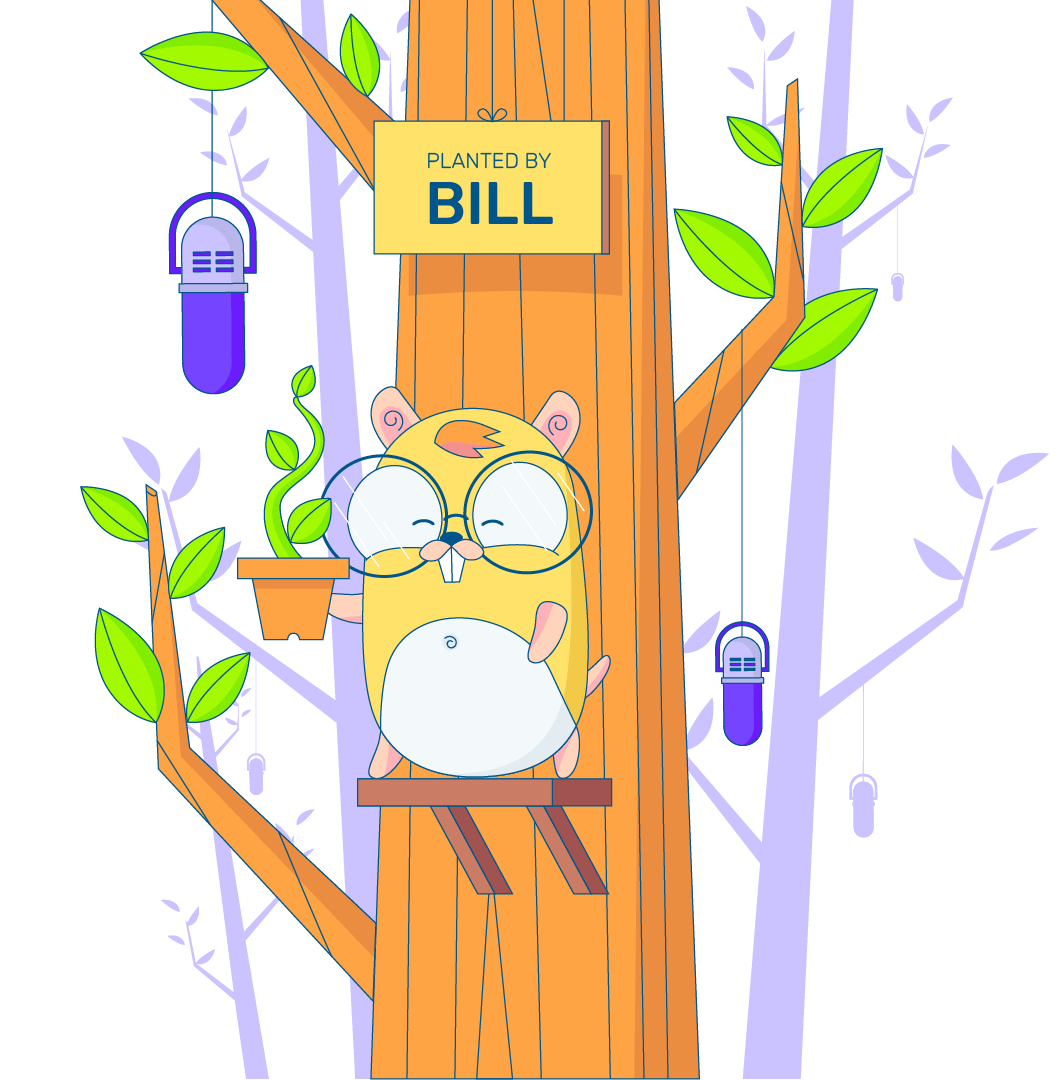This edition
Past editions
This class teaches how to build production-level services in Go with a focus on macro-level engineering decisions. From the beginning you will program along with the instructor, walking through the design philosophies and guidelines used to engineer the code. With each new feature, you will learn more about the transition from programming to engineering and the points of refactoring required to write production-level applications. Throughout the class, Go modules and Kubernetes will be a focus. Everyone will be making better engineering decisions after this class.
NOTE: according to the instructor, there will be two coffee breaks; one in the morning (about 11:00) and one in the afternoon(about 16:30) plus the lunch break (13:00).
Description: This class has been designed over the past 4 years and goes beyond just being a language class. There will be very little teaching of syntax and a big focus on learning how to read and understand the code you are writing. With a big understanding of "if performance matters" then these things matter.
You want to build a production grade web service in Go, but what's important to get right from the very beginning so you can have success. In this talk, we will live code the beginnings of a web service and talk about the Macro level engineering decisions you need answers for. Along the way, I will impart my design philosophies, guidelines and priorities for you to consider and think about.
Composition in Go is much more than the mechanics of type embedding and reuse. Composition is about decoupling code from change.
This is a 1 day class for any experienced Go developer who want to learn more about debugging and profiling applications in Go. We will learn details about Mechanical Sympathy and Data Oriented Design as it relates to Go. Then we debug and profile small applications and eventually a larger web application attempting to understand where we need to focus attention and fixing issues.
As a part of our commitment to sustainability, we’re planting “Speaker’s trees” on behalf of our speakers. These trees represent our effort to offset the carbon emissions from their travel. By planting trees, we’re helping to reduce our carbon footprint and combat the effects of climate change. Join us in this symbolic act and help make our conference eco-friendly.

